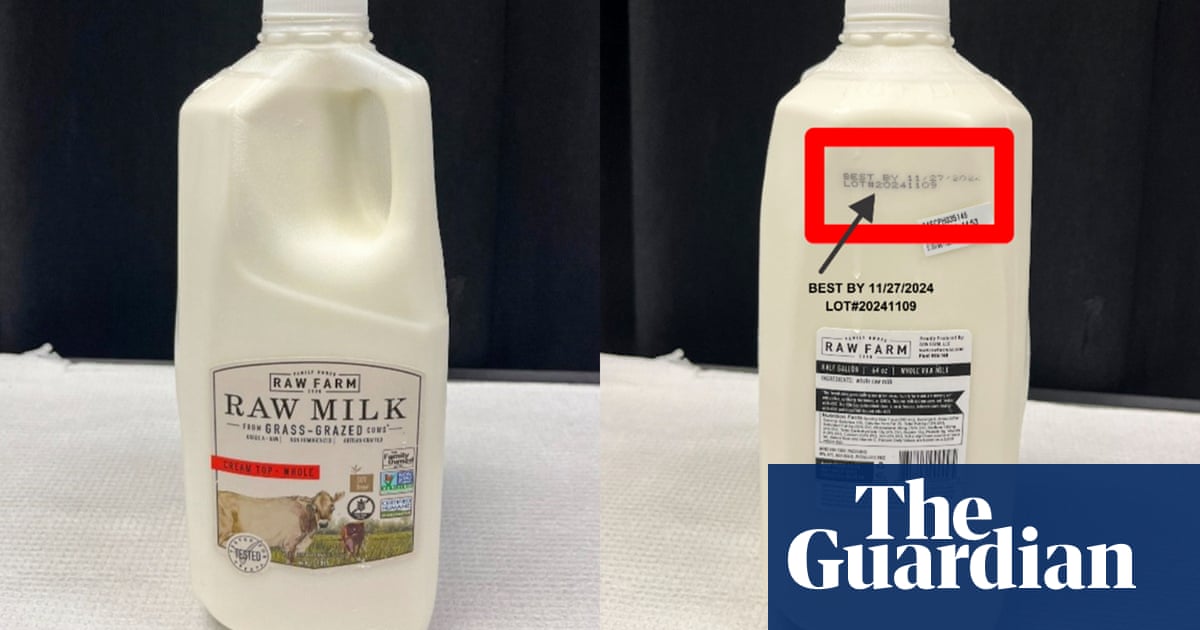No illnesses traced to batch as health officials warn consumers to avoid purchase
Archived version: https://web.archive.org/web/20241125145922/https://www.theguardian.com/us-news/2024/nov/25/california-raw-milk-bird-flu
SpinScore: https://spinscore.io/?url=https%3A%2F%2Fwww.theguardian.com%2Fus-news%2F2024%2Fnov%2F25%2Fcalifornia-raw-milk-bird-flu



Genuinely asking, what does this mean?
It's similar to colonialism: https://www.marxists.org/archive/marx/works/1845/german-ideology/ch01c.htm
One of Marx's first big ecological ideas was observing how sheep were transforming England. The growth of textile mills in cities meant that the cities became the economic, social, and cultural hubs. That's the primary tax base and population centre so that's where the money from the factories goes and where an individual has opportunities/infrastructure. Meanwhile to feed those mills and their growth you need a larger source of raw materials. That's cotton from slave plantations and wool from English shepherds. The countryside was transformed as small farmers were displaced and nature was degraded to make more room for sheep, just as the American south became dominated by large slave plantations. The wool sells for a lower price than the shirt so they have less direct revenue coming in, the lower population density and alienation from opportunity/infrastructure both negatively impact its tax benefits, and to top it off they're poisoned by the work of extraction and the pollution of the cities they build. Cities and markets have to grow to compete with each other, and that growth sucks the life out of rural and natural systems.
So what's to be done about this?
https://www.marxists.org/archive/marx/works/subject/hist-mat/hous-qst/ch03b.htm
It's why I'm Team Degrowth and a big believer in art nouveau. We need simplified, localised, non-commodified production and consumption. Craftsmanship and home economy, alternative agriculture systems which support individual families and immediate communities, mutual aid networks, severe regulation of resource extraction and pollution, centralised state control of those industries with a focus on becoming an ecological civilisation, and funding rural communities more to encourage a more even population distribution that's still in line with the carrying capacity of the land. China has been pretty good about tackling a lot of these problems in recent years but I think a real solution is a more radical reorganisation of supply-side economics and infrastructure to make the countryside more evenly developed at a lower scale than industrial society.
edit: John Bellamy Foster's work is invaluable if these problems interest you. It centres around this idea and the underlying idea of the metabolic rift.